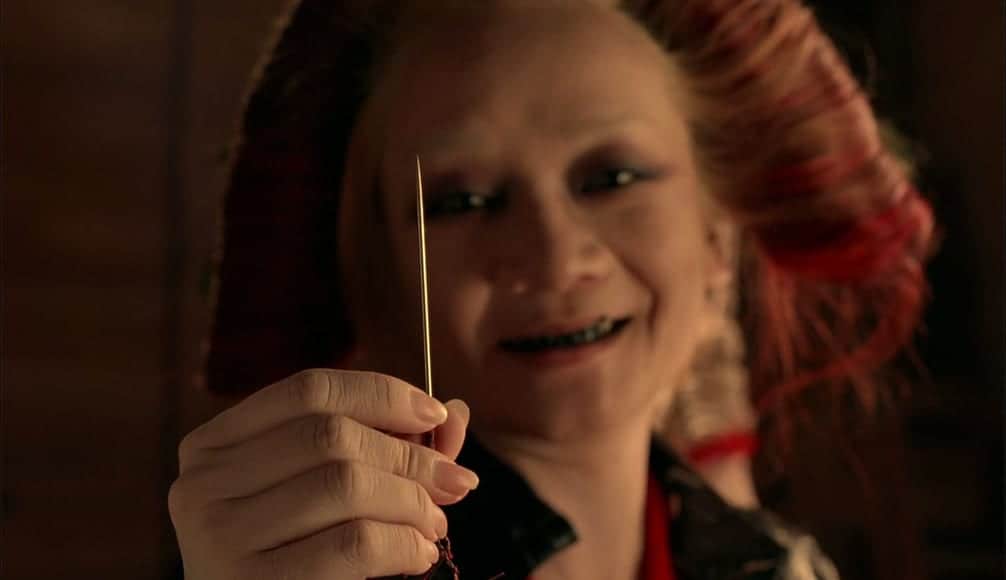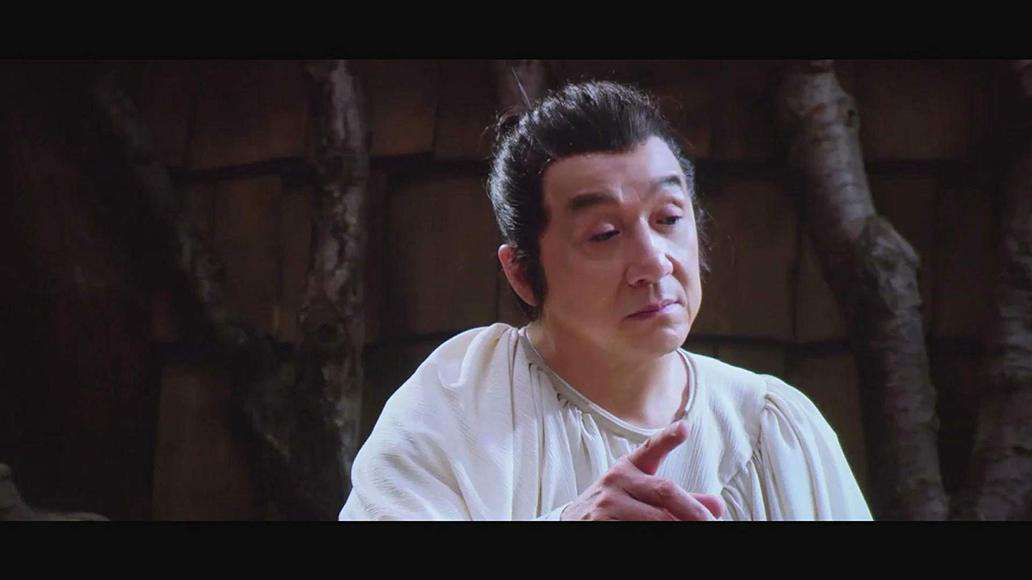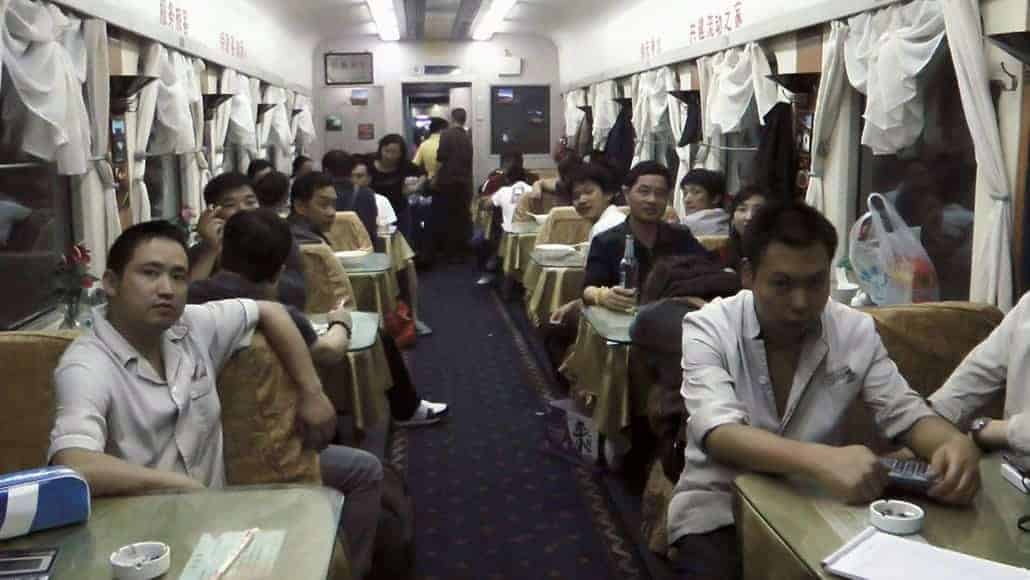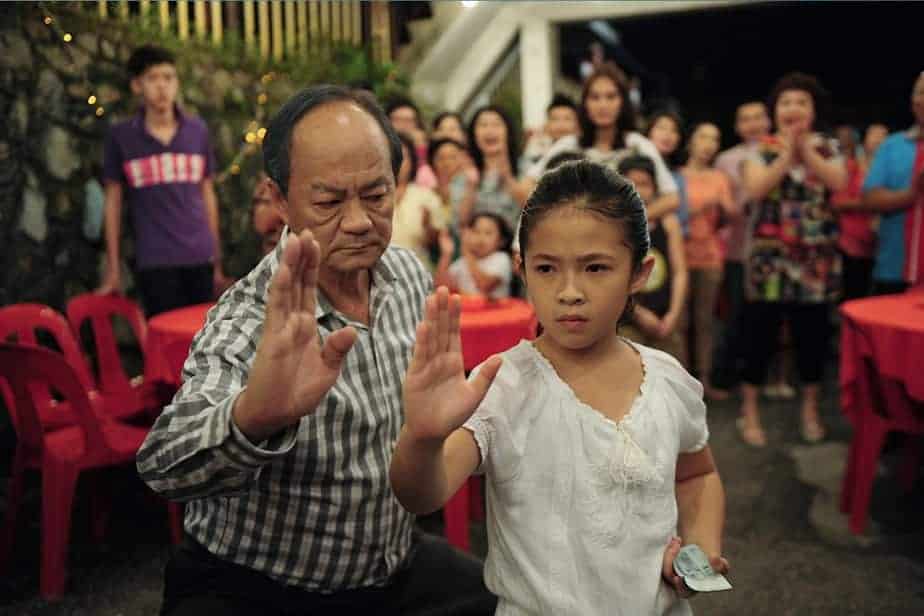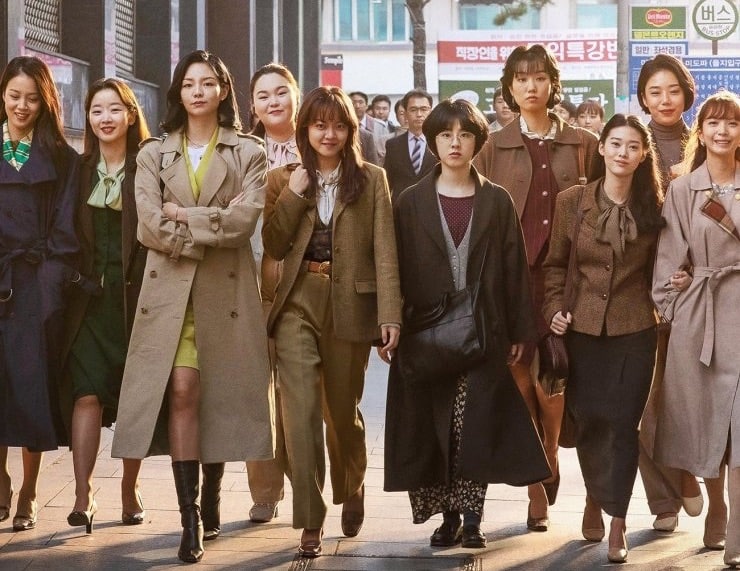As mentioned many times before, the pandemic forced (or even inspired one could say) a number of filmmakers to shoot quarantine films, productions that had to implement all the restrictions government laws dictated. Anshul Chauhan returns to Japan Cuts after winning the inaugural Obayashi Prize, with his own quarantine short, which is definitely a level higher than the plethora of similar titles in terms of production values.
“Leo's Return” is screening at Japan Cuts
The short begins in a car, where Nobu is passing some pills to Akane, which are soon revealed to be for her to undergo an abortion, since she is actually living with her boyfriend, Leo, an actor who is just returning to Japan following the cancellation of his film. As Akane is leaving, she makes sure of stating that she is not yet sure regarding the abortion. A bit later, a frustrated Leo arrives to their house, but Akane demands from his to undergo quarantine, despite the fact that he has just been tested negative at the airport. Her decision brings friction between the couple, particularly since Akane does not allow him to come close to their dog Alisia. As their discussion progresses, Leo is revealed as a rather toxic personality, while Nobu, worrying about Akane taking the pills, is parked outside her house, and calls her, to the terror of the woman.
Anshul Chauhan works well withing the restrictions, always keeping two individuals at the most in each scene, in a style that is quite similar to a stage play but works rather well for the narrative, particularly because the inevitably dialogue-heavy approach allows him to analyze his characters and the situations there are in, thoroughly. Akane is trapped in a toxic relationship with a man who is revealed to be rather self-centered and occasionally even violent. The fact that she had an affair however, seems to weigh heavily on her, despite the fact that she seems to be rather fond of Nobu and not particularly of Leo. Nobu obviously cares a lot for her, but his hands are tied considering the situation Akane is in, with his staying in the car outside her house seeming like a desperate effort to be close to her, that eventually even brings him other sorts of troubles, in a scene that is both kind of agonizing and funny.
In that regard, the film benefits much by the acting, while the casting also seems like a comment about presence of mixed race individual living in Japan, who are not exactly frequently present in the country's cinema. Yurika Minami as Akane highlights her doubts, resolve and fear quite eloquently, while Kai Hoshino Sandy as Nobu is convincing as the archetype of the good guy who is involved in a bad situation. The one who stands the most out, however, is Nozomi De Lencquesaing as Leo whose presence emits danger towards Akane with every word and movement, essentially allowing the film to function as a thriller on a number of occasion. His monologue in front of the mirror is also impressive (with Rand Coller being in charge of the writing of the particular part), if a bit off in terms of the movie's general aesthetics, while his narration provides a fitting finale along the excellent song “LEAVE” by Andrew Sloman
Vinod Vijayasankaran's cinematography is one of the movie's best aspects, with his capturing the dynamics of the characters in the best way through his framing, while the “suffocating” scene is one of the most impressive in the movie. Ben Conkey's vivid colors also work quite well, while Chauhan's own editing induces the short with a sense of movement that also works well within its “stage play” premises.
“Leo's Return” is a good reminder of Chauhan's prowess as a story teller and filmmaker, and one of the best quarantine shorts we have seen during the last two years.




